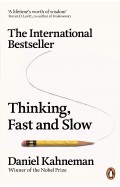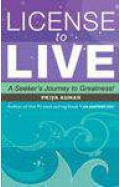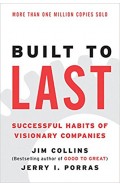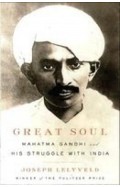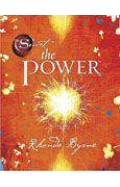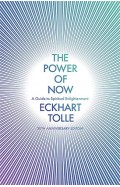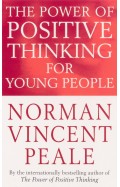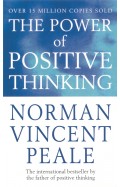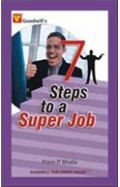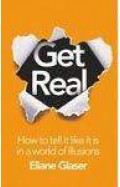- Home
- The Compass Of Pleasure How Our Brains Make Fatty Foods Orgasm Exercise Marijuana Generosity Vodka Learning And Gambling Feel So Good
The Compass Of Pleasure How Our Brains Make Fatty Foods Orgasm Exercise Marijuana Generosity Vodka Learning And Gambling Feel So Good
By: N/A
-
Rs 1,975.50
- Rs 2,195.00
- 10%
You save Rs 219.50.
Due to constant currency fluctuation, prices are subject to change with or without notice.
| Book | |
| What's in the Box? | 1 x The Compass Of Pleasure How Our Brains Make Fatty Foods Orgasm Exercise Marijuana Generosity Vodka Learning And Gambling Feel So Good |
Myths Illusions and Peace: Finding a New Direction for America in the Middle East
By: Dennis Ross
Rs 700.80 Rs 1,095.00 Ex Tax :Rs 700.80
The Origins of Political Order From Prehuman Times to the French RevolutioN
By: Francis Fukuyama
Rs 4,045.50 Rs 4,495.00 Ex Tax :Rs 4,045.50
Zubin Mehta: A Musical Journey (An Authorized Biography)
By: VOID - Bakhtiar K. Dadabhoy
Rs 892.50 Rs 1,050.00 Ex Tax :Rs 892.50
Built to Last Successful Habits Of Visionary CompaniesAI
By: James C. Collins
Rs 4,045.50 Rs 4,495.00 Ex Tax :Rs 4,045.50
Great Soul Mahatma Gandhi And His Struggle With India
By: Joseph Lelyveld
Rs 828.75 Rs 975.00 Ex Tax :Rs 828.75
The Power Of Positive Thinking For Young People
By: Norman Vincen Peale
Rs 2,245.50 Rs 2,495.00 Ex Tax :Rs 2,245.50
Get Real: How To Tell It Like It Is In A World of Illusions
By: Eliane Glaser
Rs 531.25 Rs 625.00 Ex Tax :Rs 531.25
No recently viewed books available at the moment.
Zubin Mehta: A Musical Journey (An Authorized Biography)
By: VOID - Bakhtiar K. Dadabhoy
Rs 892.50 Rs 1,050.00 Ex Tax :Rs 892.50
Myths Illusions and Peace: Finding a New Direction for America in the Middle East
By: Dennis Ross
Rs 700.80 Rs 1,095.00 Ex Tax :Rs 700.80
The Origins of Political Order From Prehuman Times to the French RevolutioN
By: Francis Fukuyama
Rs 4,045.50 Rs 4,495.00 Ex Tax :Rs 4,045.50












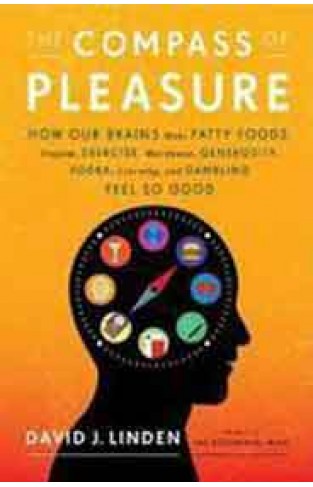
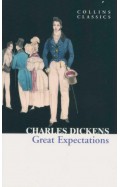




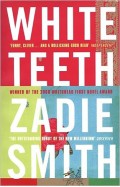

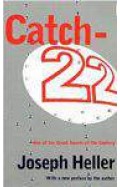
-120x187.jpg?q6)
-120x187.jpg?q6)





